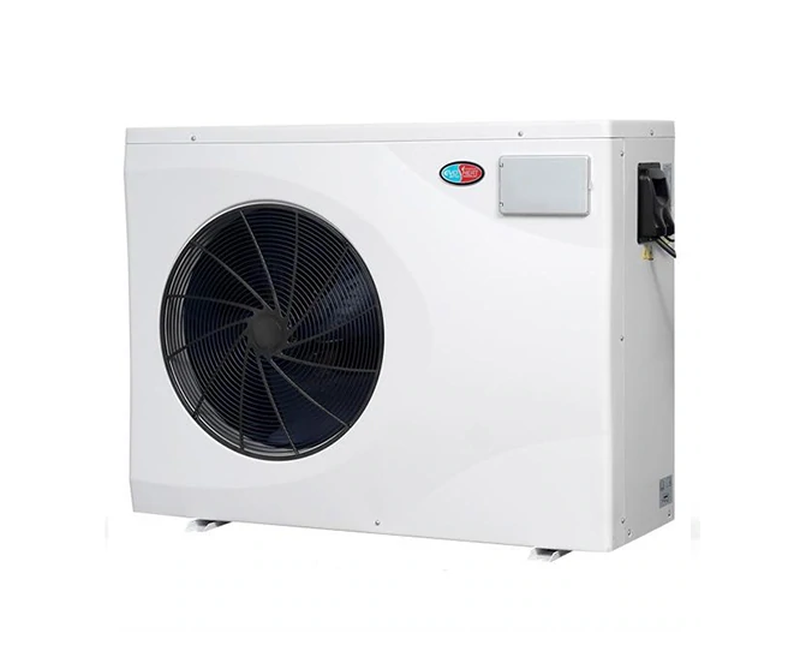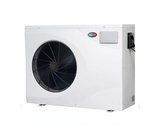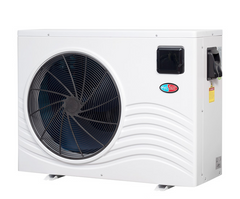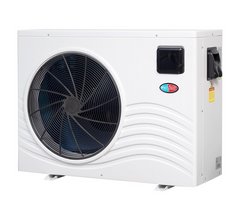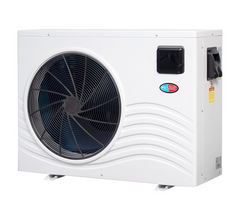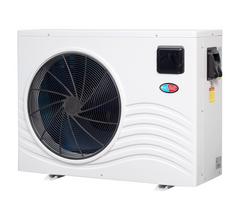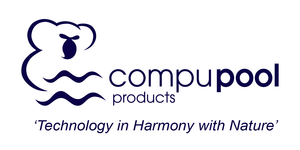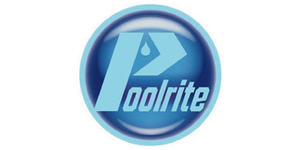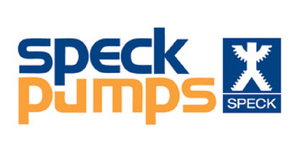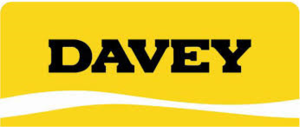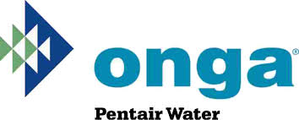Evoheat Force-I 12 Pool Heat Pump
EvoHeat
- Extremely energy efficient, C.O.P. up to 16.28
- Latest full stepless inverter technology
- Heating and cooling capability
- Built-in timers
- intelligent colour LCD touchscreen controller
- Wi-Fi control
- Quiet operation
- Robust ABS cabinet
- Eco-friendly and safe R32 refrigerant
- Automatic defrost system
- Horizontal front discharge air flow
- Simple installation
- Guaranteed stable performance from -15°C air
- Ideal to work with solar PV panels
HOW BIG DOES THE HEAT PUMP FOR MY POOL HAVE TO BE?
If you use your heat pump directly through your filter system, you should adjust the kW output to be slightly higher for lower run times but as an example here is a guide.
|
pool size |
kW power heat pump |
|
30 - 40m³ |
min 9 kW power |
|
40 - 60m³ |
min 12 kW power |
|
50 - 80m³ |
min 16 kW power |
The heat pump should be able to heat the water by approx. 0.20 - 0.25 degrees per hour. It takes 1.16 Wh to heat one litre of water one degree, which means 11.6 kWh for a 10m³ pool. In other words, one kilowatt hour heats 862 litre of water by one degree Celsius.
The following table shows how the heat pump is best designed:
|
volume |
Temperature increase per hour at a power of |
||||
|
m³ |
8 KW |
12 kW |
18 kW |
25 kW |
36 kW |
|
10 |
0.58 |
0.89 |
1.33 |
1.96 |
2.64 |
|
20 |
0.28 |
0.45 |
0.65 |
0.98 |
1.31 |
|
30 |
0.21 |
0.28 |
0.45 |
0.67 |
0.89 |
|
40 |
0.16 |
0.23 |
0.34 |
0.48 |
0.67 |
|
50 |
0.13 |
0.19 |
0.27 |
0.38 |
0.54 |
|
60 |
0.11 |
0.15 |
0.21 |
0.33 |
0.45 |
|
70 |
0.08 |
0.13 |
0.19 |
0.28 |
0.38 |
|
80 |
0.07 |
0.11 |
0.16 |
0.25 |
0.33 |
|
90 |
0.07 |
0.10 |
0.15 |
0.22 |
0.29 |
|
100 |
0.06 |
0.09 |
0.13 |
0.20 |
0.26 |
|
120 |
0.05 |
0.07 |
0.11 |
0.16 |
0.22 |
CHOOSING THE RIGHT POOL HEAT PUMP FOR YOUR POOL SIZE?
The performance data is based on the following calculation basis
C x VX (T2 - T1)
P = -------------------------
h
P Performance of swimming pool heat pump
C heat storage coefficient of water = 4.186
V Pool volume
T2 Set temperature
T1 Start temperature
H Heat up time
The maximum heating time should be 4 hours per 1 ° C water temperature. This is calculated by the heat loss during the night being up to 2°C meaning it would take 8 hours to heat up to full temperature maintaining a constant temp throughout the season.
Example:
Say you have a swimming pool with 40m³ of water and an initial temperature of 18 ° C.
You want to heat the water to 28 ° C. The maximum heating time should be 4 hours per 1 ° C water temperature. Consequently, it takes 40 hours to heat up your 40m³ pool by 10 ° C.
This results in the following formula:
4.186 x 40 x (28 - 18)
P = ------------------------ = 52.33kW
40
WHAT ELSE DO YOU NEED TO KNOW ABOUT A HEAT PUMP?
The choice of location is also very important because the heat pump needs very large amounts of air to function properly! For this, a suitable place for the fresh air must be found in most cases indoor operation does not work.
The heat pump itself is then integrated directly into the filter circuit, after the filter system and before the chlorinator if fitted.
High-quality heat pumps are equipped with corrosion-protected heat exchangers and can thus heat any swimming pool water, whether it is cared for with chlorine, bromine, ozone or chlorine-free products. The use for pools with sea water is also possible.
With all pools other factors including solar gains, wind factors and evaporation losses need to be taken into consideration. This article is to give a bit of insight on one way of sizing.

